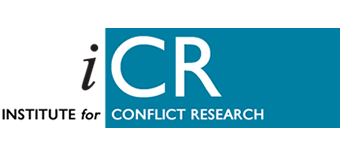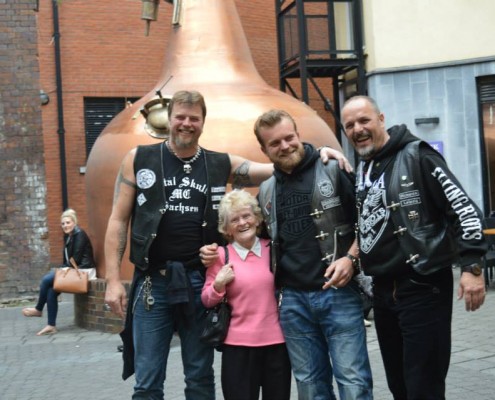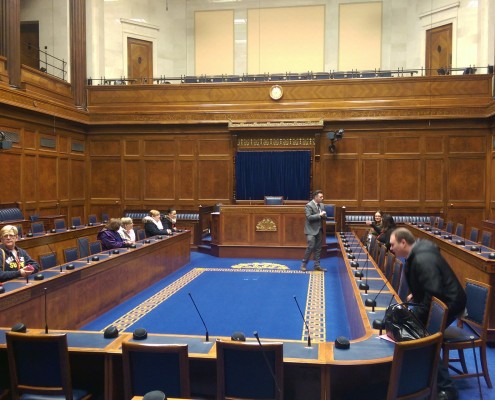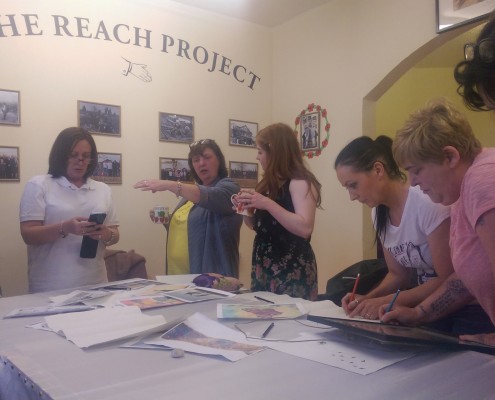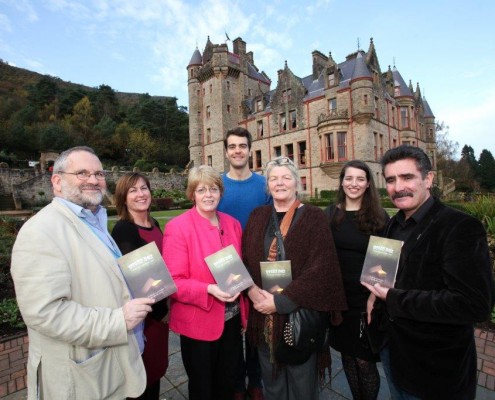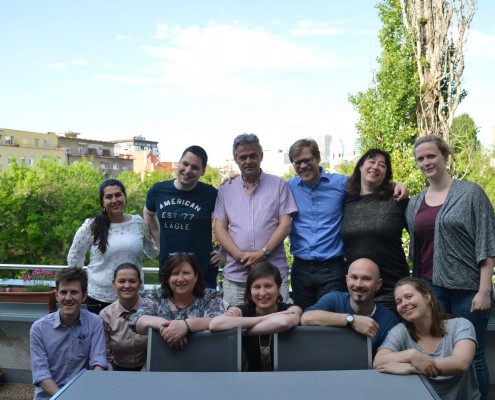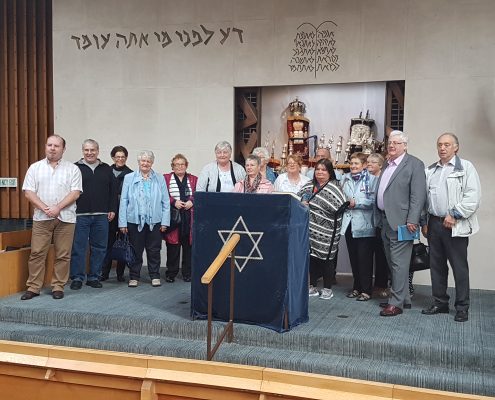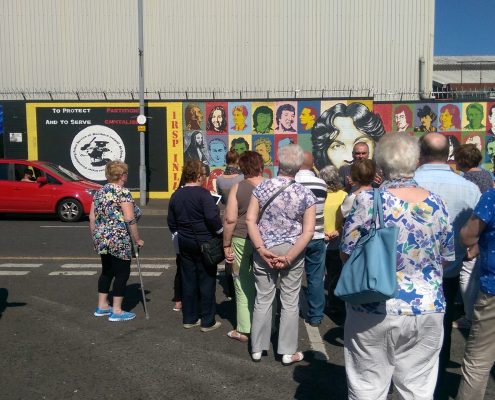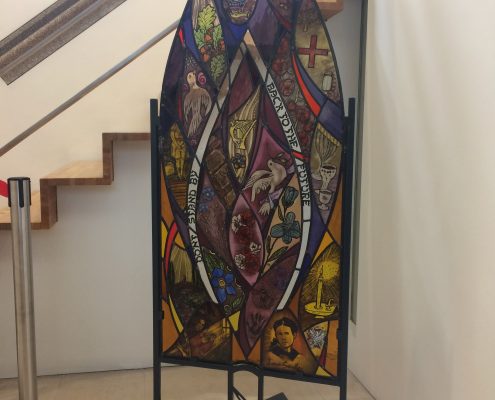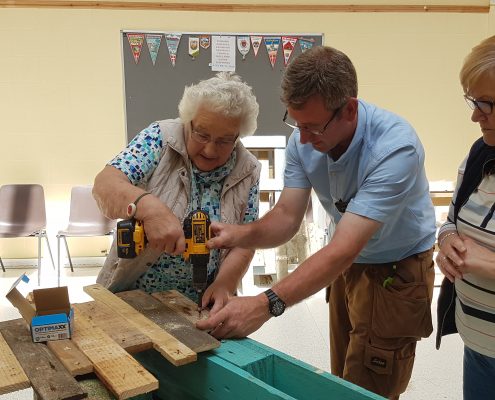ICR works with statutory service providers and local government to create and deliver training and community development programmes designed specifically to address the individual needs of local organisations and partnerships.
We also work in a training capacity with community groups to not only develop learning on a particular subject, but also to help increase confidence in engaging with local agencies and authorities, such as the police, politicians and statutory service providers. Our training programmes are designed to give impetus to local partnerships to build on research findings.
We endeavour to ensure all of our programmes connect to the over arching theme of the ART OF CONFLICT TRANSFORMATION. This enables us to use site visits, workshops, artistic and cultural engagements to consider a range of issues relating to our research, training and community development work and draw on a range of mediums to do so.
Training programmes include:
ICRs Accredited Training Programmes comprise workshops, presentations, local and international site visits tailored to participants’ needs and which has been run for elected representatives, local government officials, community leaders, former combatants, victims and survivors, youth groups and minority communities.
They are accredited to OCN levels 1, 2 or 3.
FIRST – (From Intolerance to Respect Sharing and Trust) A 32, 48 or 96 hour conflict transformation programme.
PAST TENSE, FUTURE PERFECT – a 32, 48 or 96 hour programme on Dealing With The Past.
We have also been involved in the design and delivery of unaccredited training including:
CHALLENGE HATE CRIME - In partnership with NIACRO we developed an extensive series of resources for training purposes.
PSNI - ICR conducted student training for the Police Service of Northern Ireland.
NERVE CENTRE - ICR prepared a number of modules for an online community relations training resource for the Nerve Centre, a multi media project in Derry.
HUMAN RIGHTS AND COMMUNITY RELATIONS - ICR took part in developing human rights and conflict transformation training work with the Northern Ireland Human Rights Commission. The aim of the training events was to introduce human rights to practitioners involved in conflict transformation work. By the end of the events it was envisaged that participants would have a basic understanding of human rights law and its relevance to a number of scenarios and case studies relating to conflict. The training was part of a wider programme of events which also included the organisation of a major conference, a number of conference workshops, the preparation of academic papers, and networking, both locally and at an international level.
